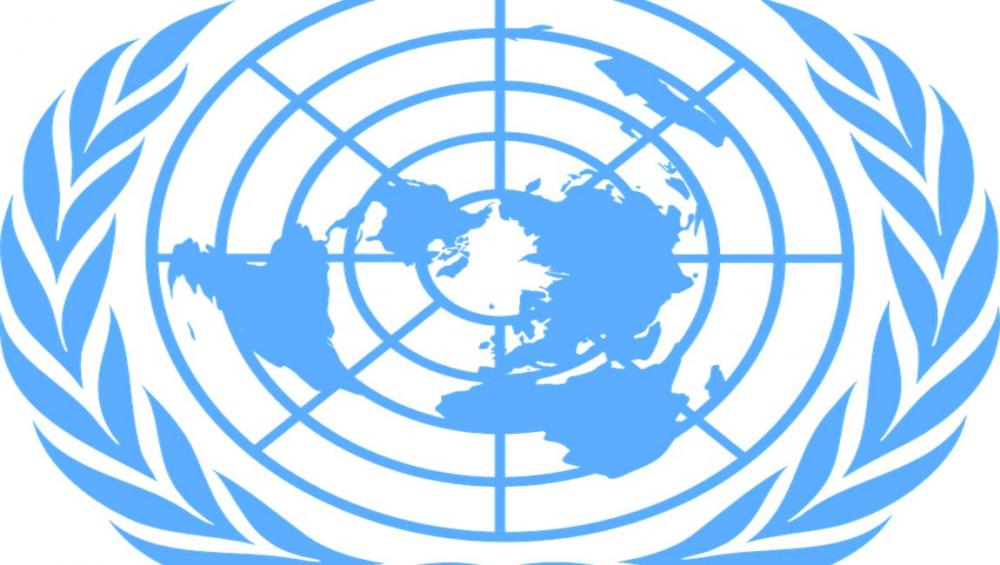Just Earth News | @JustEarthNews | 28 Nov 2018

UNICEF/Anmar
New York, Amidst a $33 million funding shortfall, plunging temperatures in the Middle East and North Africa pose a major threat to children in the region, the UN Children’s Fund (UNICEF) said on Tuesday.
With cold and rainy weather sweeping through, nearly one million children affected by crises across the region face the risk of life-threatening or debilitating illness.
“Years of conflict, displacement and unemployment have reduced families’ financial resources to almost nothing,” said Geert Cappelaere, UNICEF Regional Director for the Middle East and North Africa. “Staying warm has simply become unaffordable.”
UNICEF’s $33 million funding gap is two thirds of its total appeal for lifesaving winter assistance for children, which includes supplies of warm clothes, blankets, water and sanitation needs.
“With little nutritious food and healthcare, children have grown weak, becoming prone to hypothermia and dangerous respiratory diseases,” Mr. Cappelaere explained. “Without help to protect them from the freezing weather, these children are likely to face dire consequences.”
Falling temperatures will bring even further hardship to thousands of families who are living in extremely basic conditions, especially in camps or crowded shelters with little protection from the freezing cold. Last winter, two children died from the cold while attempting to flee the Syrian war searching for safety in Lebanon.
UNICEF aims to reach 1.3 million children in Syria, Iraq, Jordan, Lebanon, Turkey and Egypt with warm clothes; thermal blankets; water, sanitation, health and hygiene support; and cash assistance for families.
Keeping vulnerable children across the region warm, heathy and in school are at the forefront of UNICEF’s priorities this winter, said the agency.